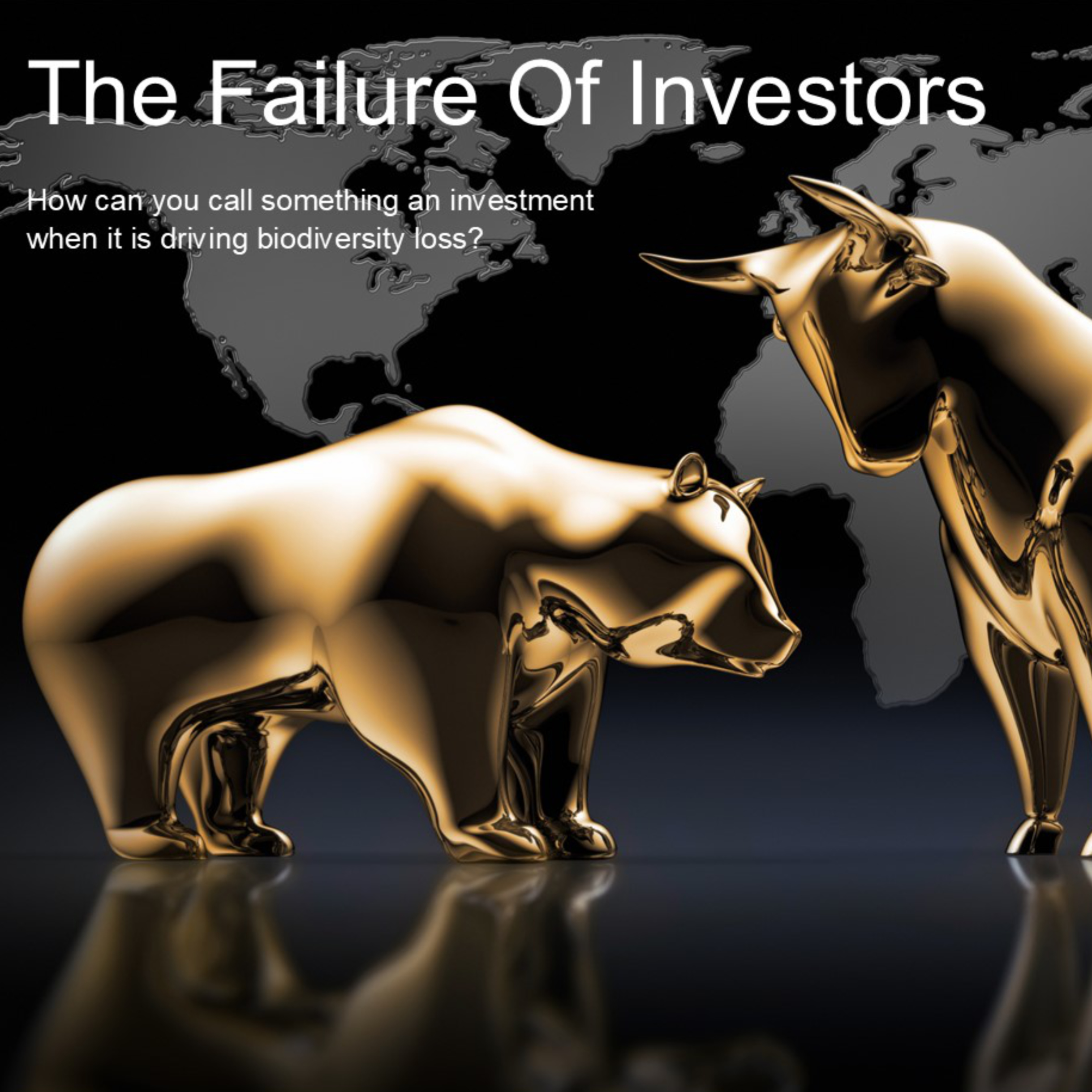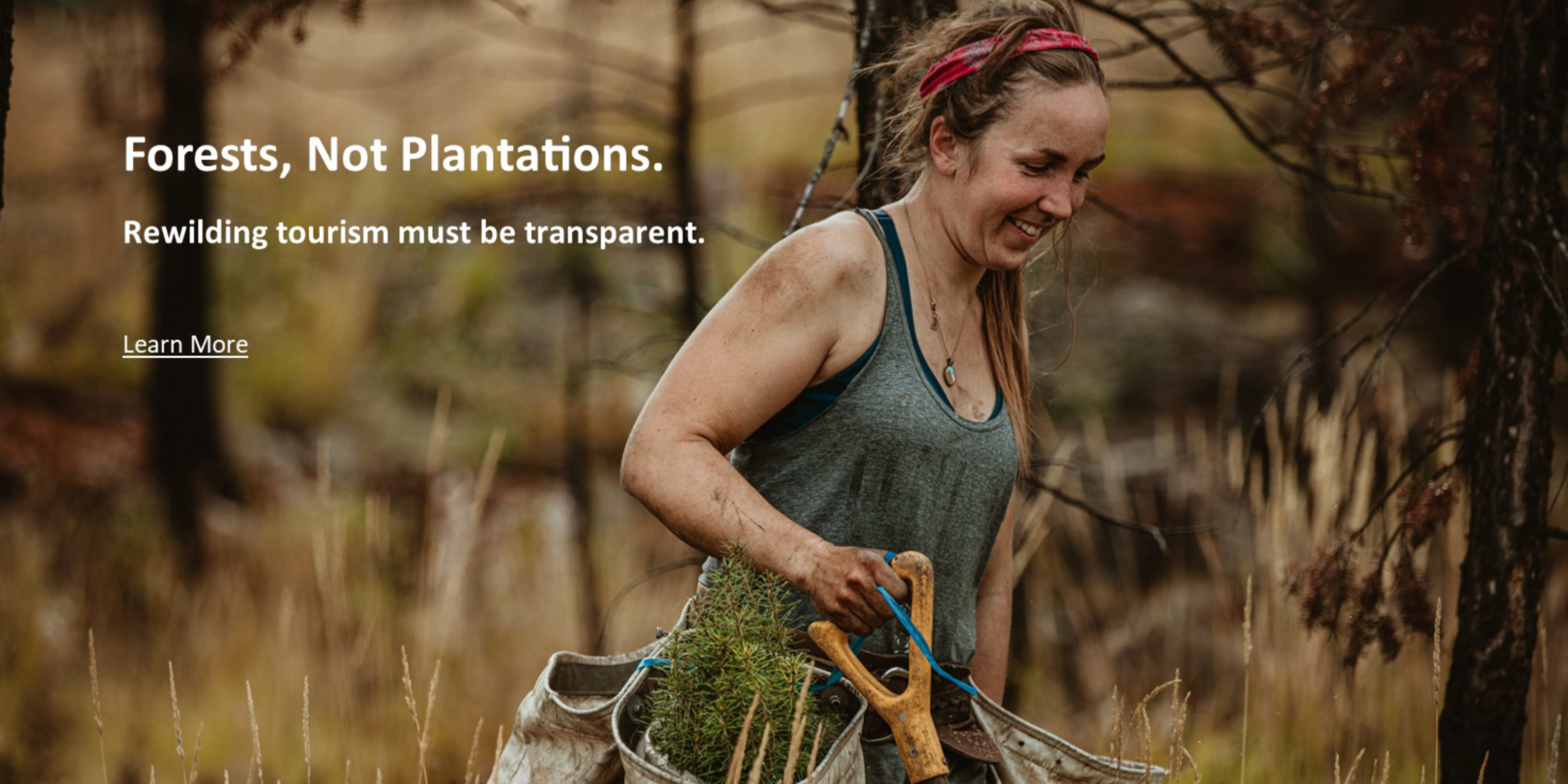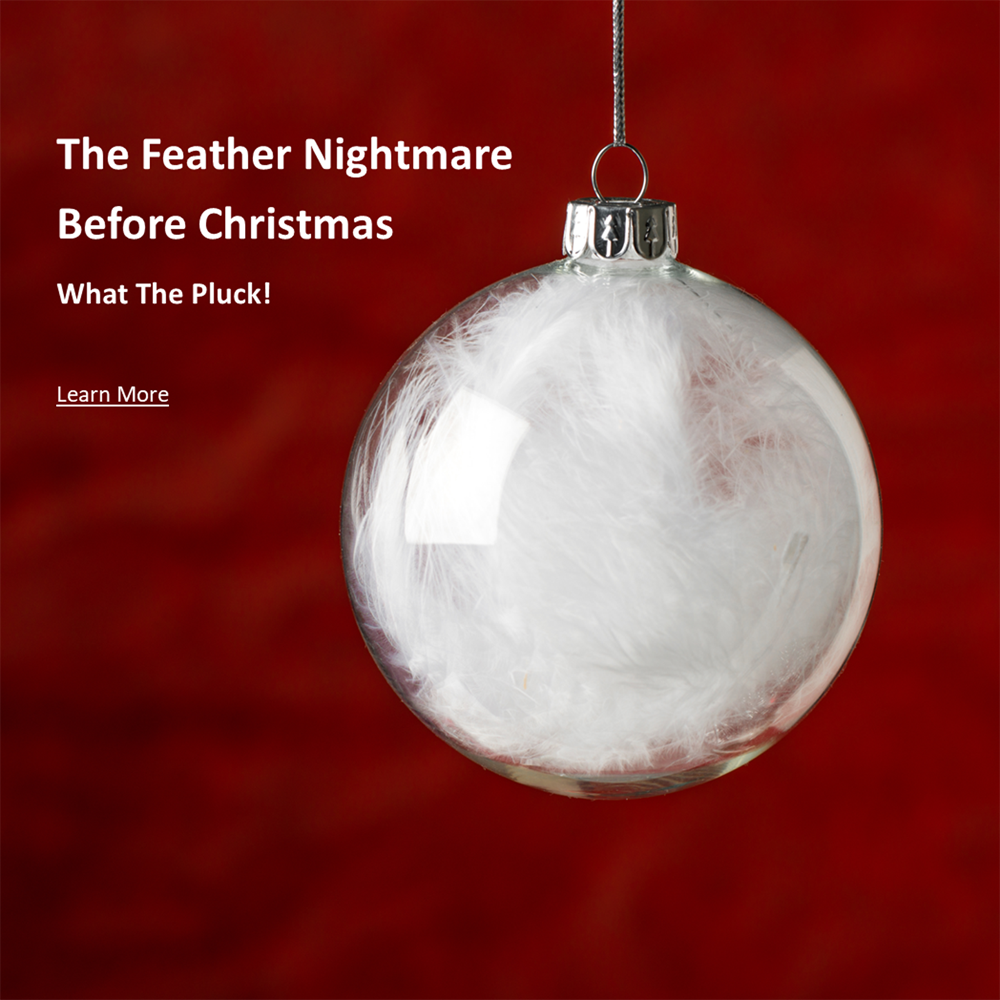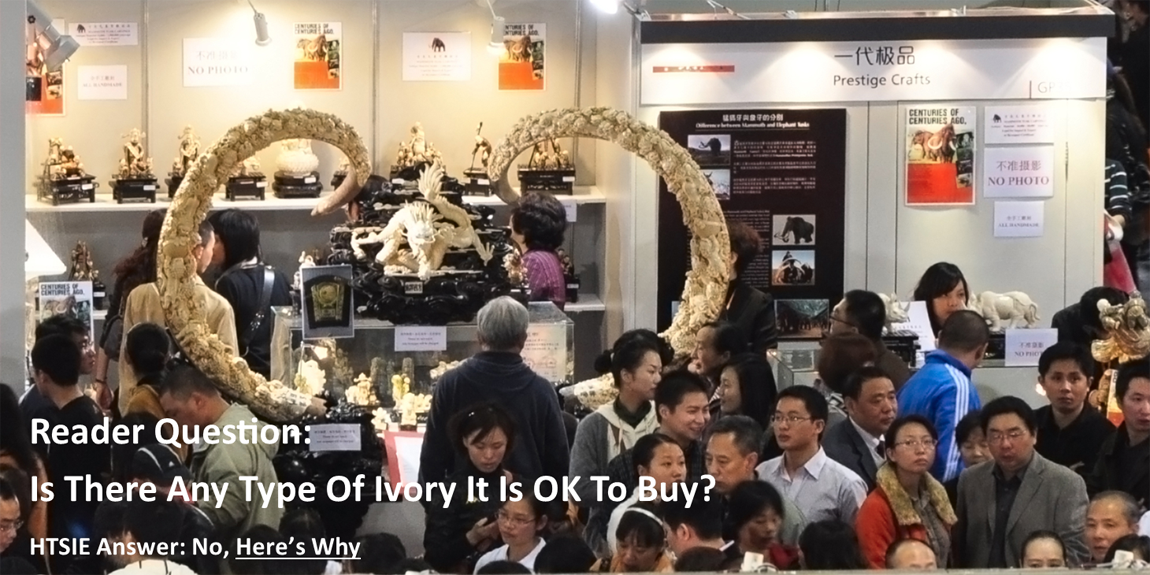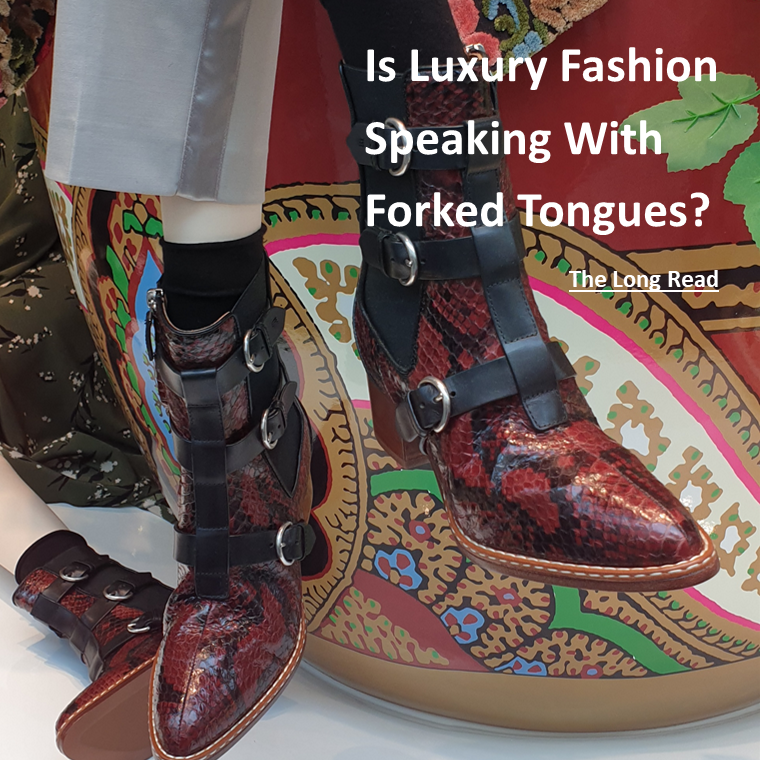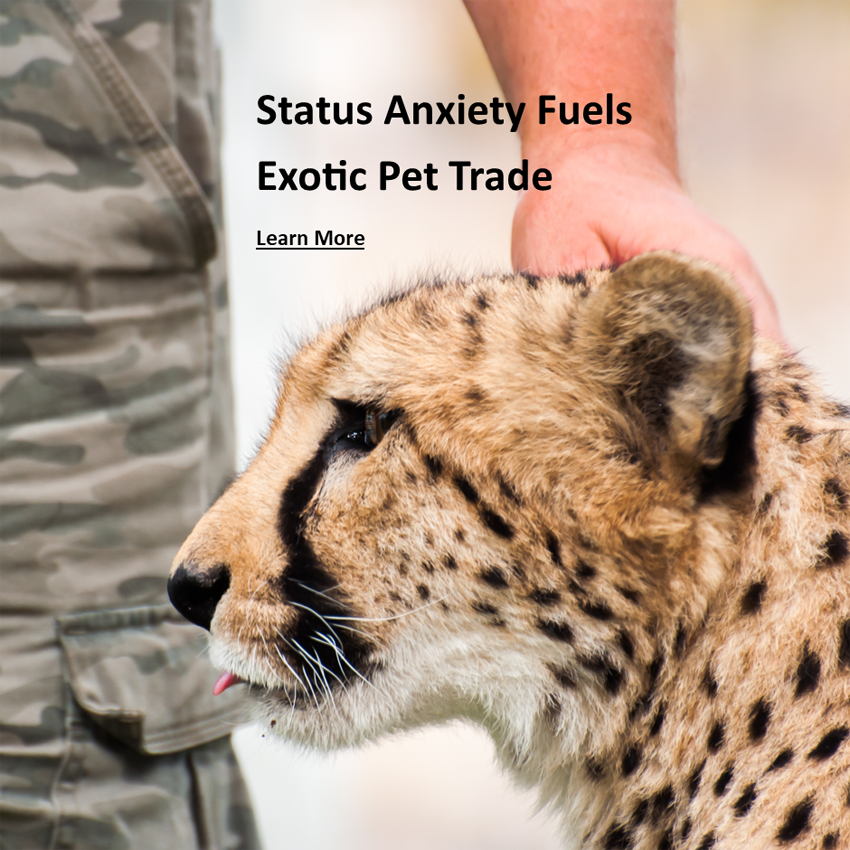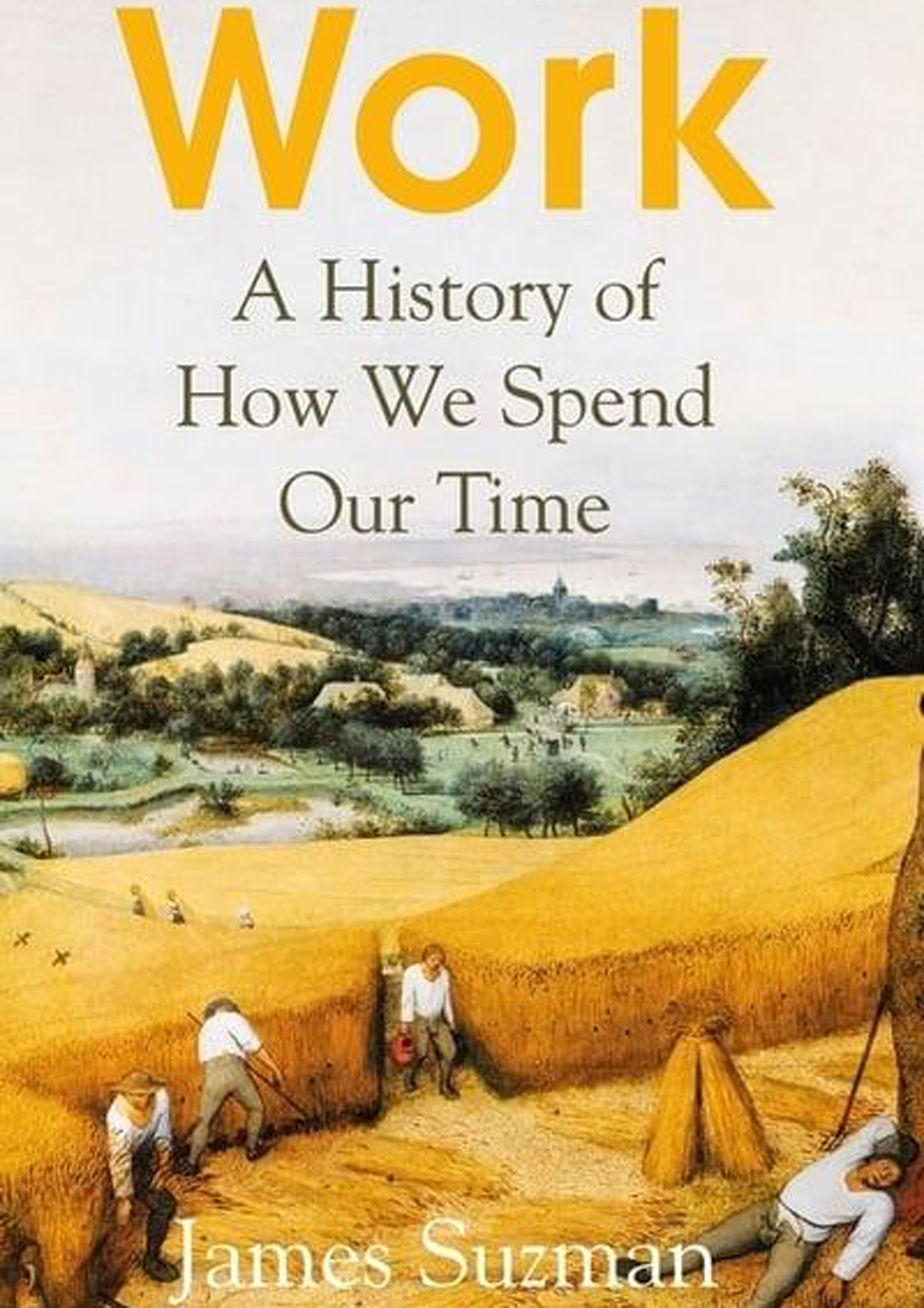
Work: A History of How We Spend Our Time
In his new book, Suzman traces how a simple set of assumptions we make about working are are demonstrably wrong and lead to peope working 50 or more hours a week. Foremost is scarcity – a hangover from the early agricultural state some 12,000 years ago. Only with the emergence of cities, did the desire for status, wealth and power materialise.
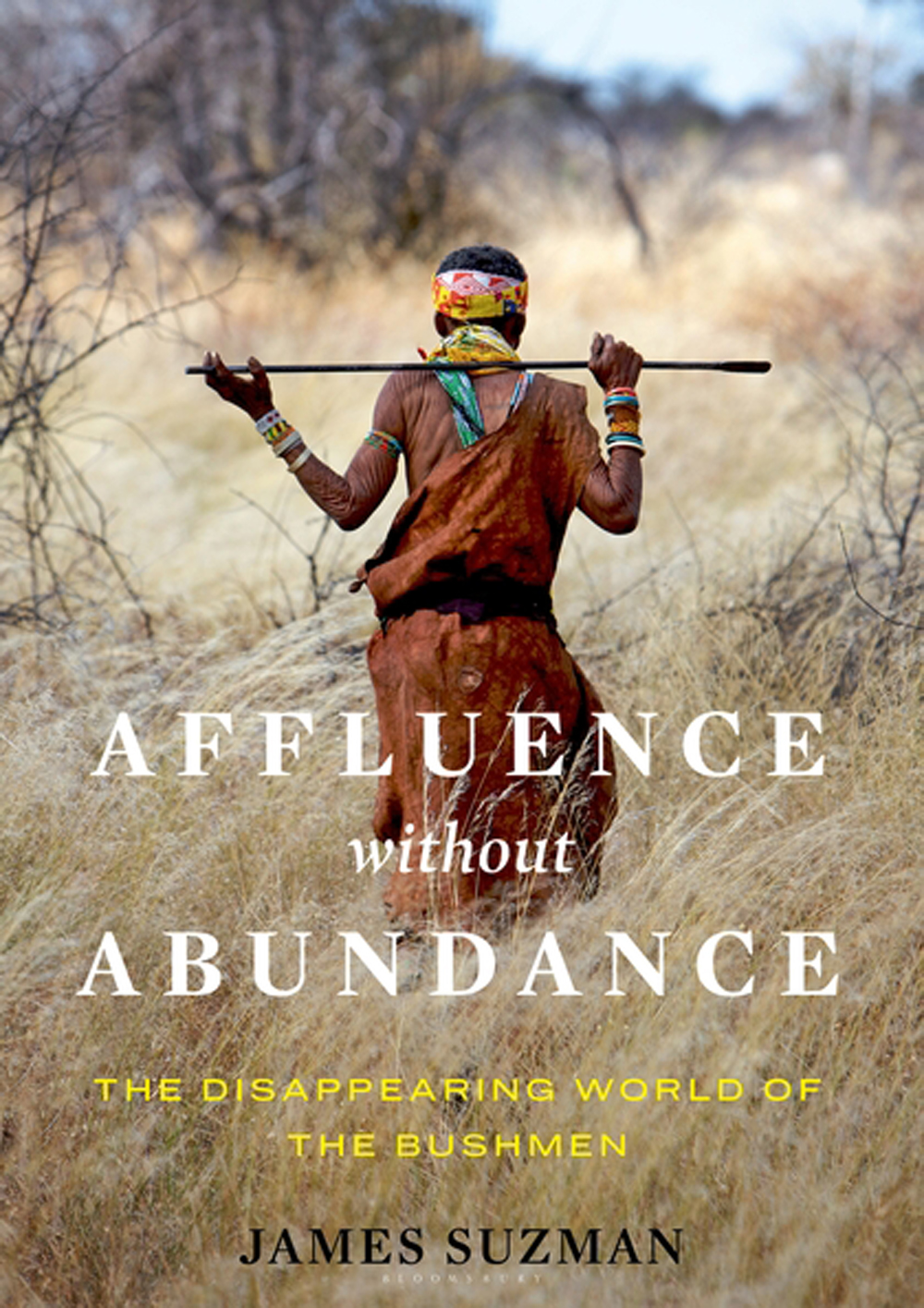
Affluence without Abundance
Suzman spent 15 years based among the Ju/’hoansi “Bushmen” of eastern Namibia, witnessing first-hand that their the life was far from a constant struggle for survival. Spending just 15 hours a week finding food (working), the bulk of their time was used for rest or fun. The Ju/’hoansi lived long, content lives, working to meet their needs, beyond which their wants were few.
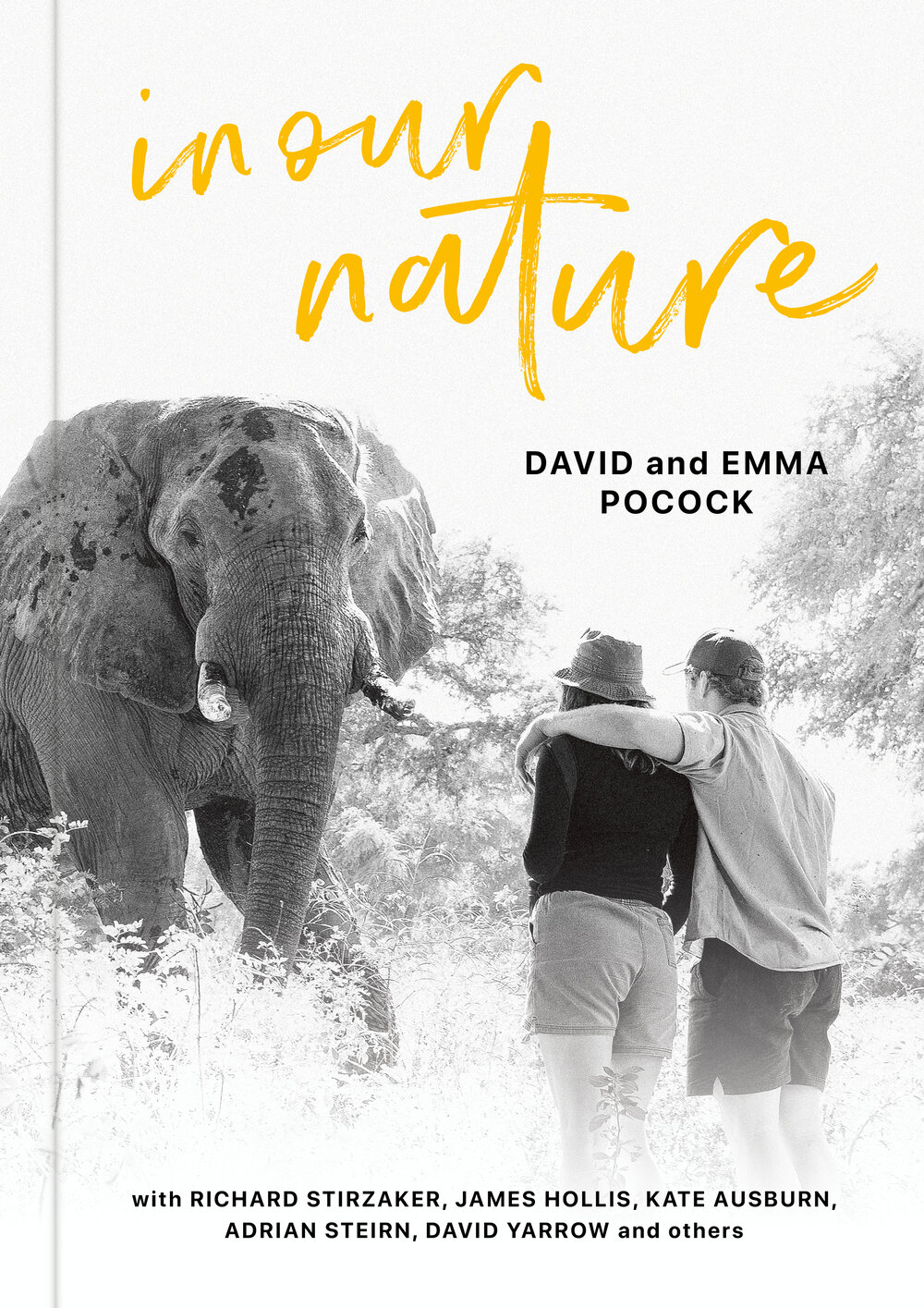
In Our Nature
David and Emma Pocock
A collection of essays, photos and poetry reminding people how you spend your time, your money and how you choose to live your life can help save species and habitats heading for extinction. A great read with the final chapter exploring “Reorientating Our Lives Towards Nature”
All funds raised go to conservation.
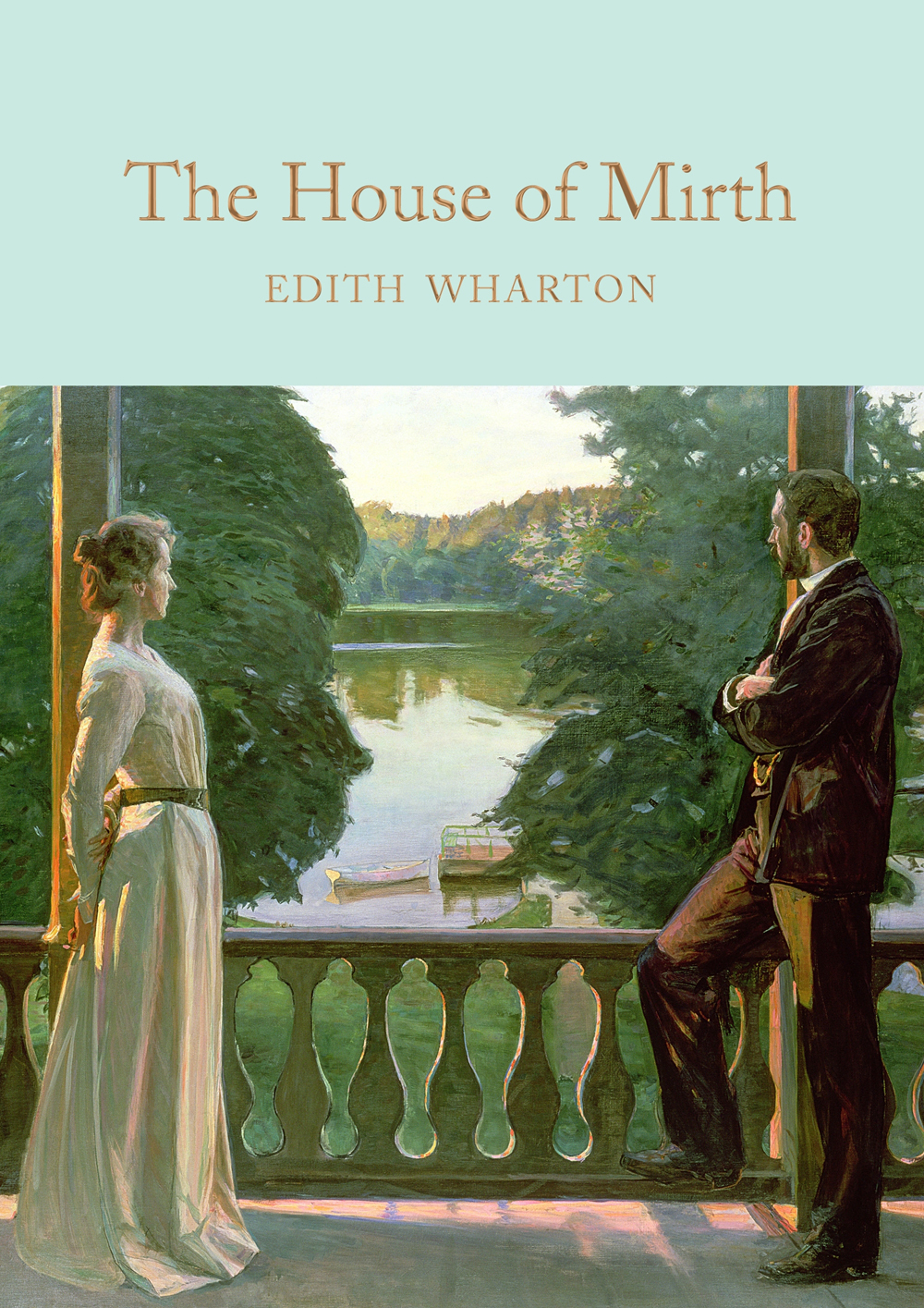
The House of Mirth
Edith Wharton
As applicable today as it was when it was first published in 1905. The gilded age of the robber barons where society worships money and the emptiness of conspicuous consumption triggers new levels of elite anxiety. And, if you are a woman, what you wear may be crucial to your place in the world and your value to the group lasts as long as your beauty.



